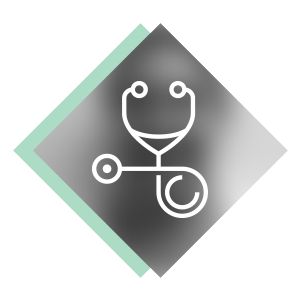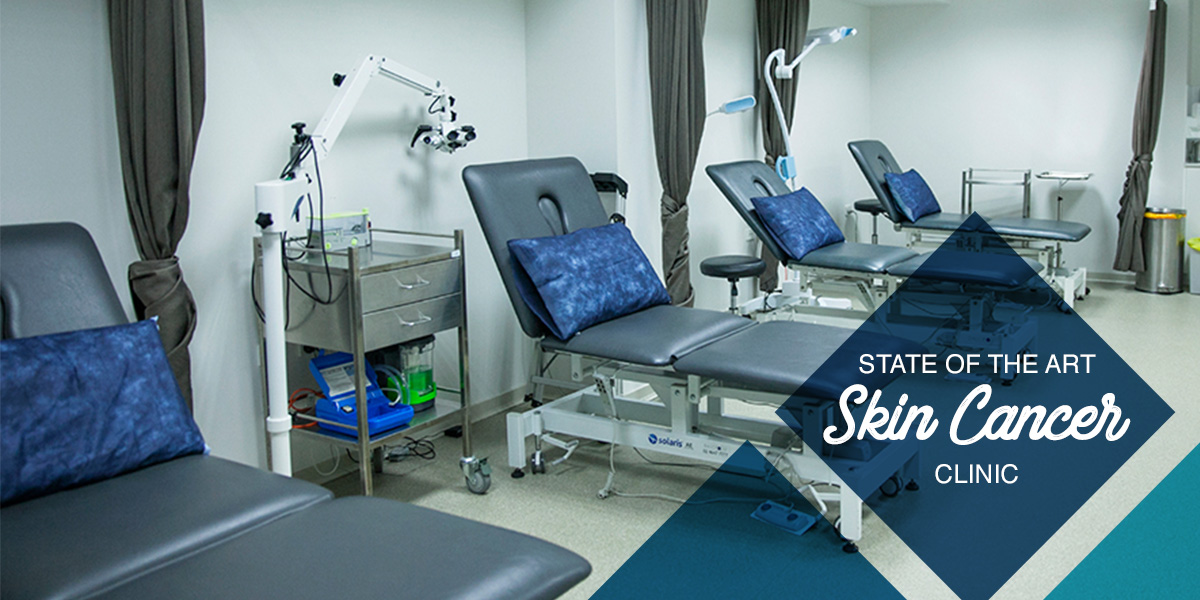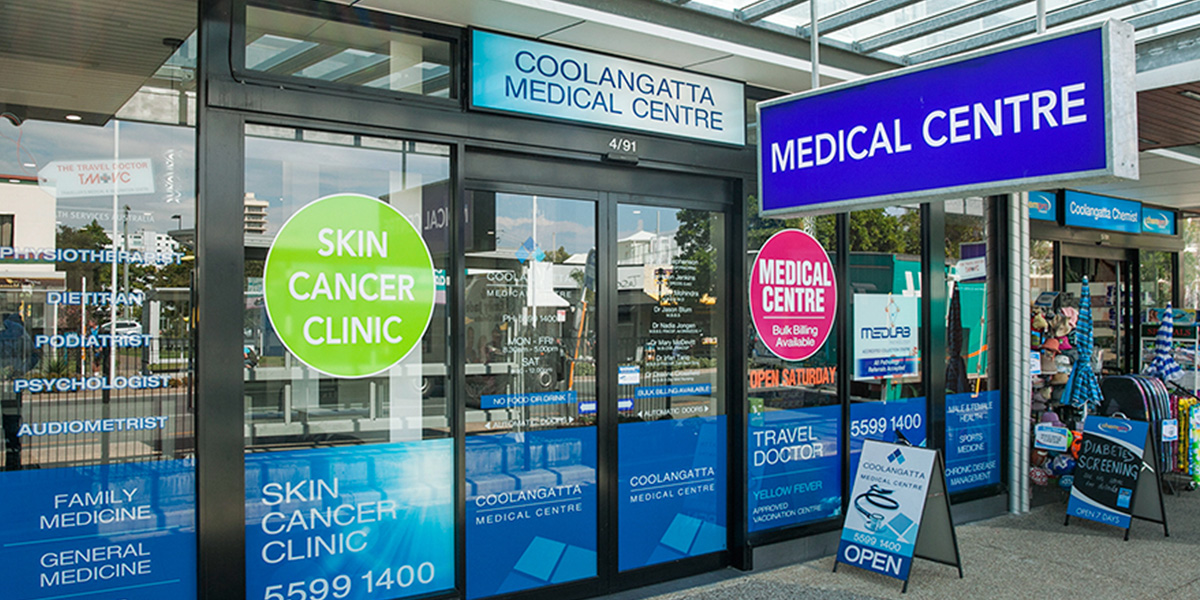Coolangatta Medical Centre is committed to providing extensive vaccination services to ensure that all community members are well-protected against rubella. With rubella as one of the leading causes of birth defects, it is crucial to maintain high vaccination coverage to protect those who are highly vulnerable to the virus, especially expectant mums and their babies.
What Is Rubella?
One in every two people with rubella does not experience any symptoms. However, asymptomatic individuals can still spread the infection to others. About 2 to 3 weeks after exposure, people may experience the following rubella symptoms:
- Rash
- Swollen lymph glands behind the ears and the neck
- Mild fever
- Headache
- Runny nose
- Joint pain
- Sore red eyes
Rubella contracted during pregnancy, especially during the first trimester, can result in serious complications such as miscarriage, foetal death, or stillbirth. Babies born from rubella-infected mums can also develop congenital defects, known as congenital rubella syndrome (CRS). Children with CRS can have hearing problems, eye and heart defects, and other life-long disabilities, which may include autism, diabetes mellitus, and thyroid dysfunction.
What Are the Common Symptoms of Rubella?
Rubella, also known as German measles or three-day measles, is a contagious viral infection that causes a red rash. It is also the leading vaccine-preventable cause of birth defects, with about 100,000 cases of infants born with congenital rubella syndrome (CRS) globally every year.1
Book Appointment
or
Call (07) 5599 1400
More About Us!
Clinic Hours:
- Monday – Friday 8:30am – 5pm
- Saturday 8:30am – 2.30pm
- Sunday 9:00am – 12.00pm
- Public Holidays – Please call the centre for more information.
Email us: office@coolmedical.com.au
Find us at 91 Griffith Street, Coolangatta, QLD
Rubella Rash vs. Measles Rash: What’s the Difference?
Due to its similar signs and symptoms, rubella is often mistaken for measles. However, they are caused by different viruses and pose distinctive risks.
|
Rubella |
Measles |
|
Caused by the rubella virus (RuV) which attacks the lymph nodes, eyes, and skin |
Caused by morbillivirus which infects the respiratory system |
|
Transmitted when an infected person breathes, coughs, or sneezes |
Transmitted when an infected person breathes, coughs, or sneezes |
|
Generally milder but can pose serious health risks for the foetus of an infected pregnant woman |
Can be more severe and life-threatening |
|
Pink rash that starts in the face and then spreads to the body |
Koplik spots (small white spots in the mouth), then rash, red spots that spread to the body |
How Is Rubella Transmitted?
Rubella spreads through direct contact with an infected person or exposure to their cough or sneeze. Pregnant women infected with rubella can pass the virus to their developing foetus through the bloodstream. This can cause serious health risks to the baby after birth.
Infected individuals are at risk of spreading the disease one week before the onset of the rash and a week after it disappears.
Who Is at Risk of Getting Rubella?
Anyone of any age can catch rubella, although it occurs most often in children and young adults who are not immune to the virus. Pregnant women also require extreme caution against the infection as rubella can result in miscarriage or foetal death. Babies born from women with rubella are also more susceptible to its severe effects, causing serious birth defects (e.g., CRS).
When to Call a Doctor
If you or your child has symptoms of rubella call a doctor right away. Pregnant women who expose themselves to someone with rubella are also required to contact their healthcare provider right away.
Rubella Vaccination
Vaccination is the most effective way to prevent rubella. In Australia, two types of vaccine are available: MMR (for measles, mumps, and rubella) and MMRV (for measles, mumps, rubella, and varicella/chickenpox). The MMRV vaccine is not recommended for individuals aged 14 years and older. Instead, they are given the MMR vaccine and a separate immunisation for chickenpox.2
The Australian Immunisation Handbook recommends the rubella vaccine for the following:
- Children above 12 months of age
- Adolescents and adults born who have not received 2 doses of the rubella vaccine, particularly healthcare workers, childhood educators and carers, as well as women of childbearing age
Coolangatta Medical Centre offers MMR vaccines as part of our extensive vaccination services. Our team is here to guide you through the process, offering the MMR and other necessary immunisations based on your age, health status, and needs. Schedule an appointment with us to protect you and your loved ones against rubella and other preventable diseases.
Or Call (07) 5599 1400
Frequently Asked Questions
(Common Questions about Rubella)
Does rubella go away on its own?
Rubella often goes away on its own after a few days or weeks. However, contact your healthcare provider immediately if your symptoms worsen or new ones appear. Infected pregnant women who haven’t received vaccination are also advised to consult their doctor immediately.
How common is rubella in Australia?
With widespread immunisation, cases of rubella are now rare in Australia. The World Health Organisation (WHO) declared Australia rubella-free in 2018, meaning there is no ongoing local virus transmission within the population.4 However, the virus can still be transmitted from overseas to unvaccinated people. That’s why vaccination remains essential, especially for people travelling overseas.
Can adults catch rubella?
Yes. Unvaccinated adults can contract the rubella virus from kids or other adults.
How long does rubella last?
Upon contracting the virus, it spreads throughout the body in 5 to 7 days, with symptoms usually appearing 2 to 3 weeks after exposure. The rash caused by the infection typically lasts for about three days. Other symptoms, however, can last a few days to a week.
What happens if rubella is left untreated?
Generally, rubella is a mild infection. However, there are rare cases in which rubella can cause an ear infection or inflammation of the brain. Pregnant women who get infected with rubella may also pass the virus to their foetus, causing various health problems such as congenital rubella syndrome.
The Team of GP Doctors
The team of GP doctors in Coolangatta Medical Centre are here to help you get the care and information you need on meningitis vaccine programs, as well as meningitis vaccine coverage and meningitis vaccine costs. Consult with Coolangatta Medical Centre to be better informed on meningitis vaccine recommendations based on your health needs and even travel plans including potential exposure risks.
Areas We Serve
Coolangatta Medical Centre services many local communities on the Gold Coast as well as Northern NSW. If you live in or nearby the following suburbs, Coolangatta Medical Centre is easily visited from the location:
- Tweed Heads
- Tweed Heads South
- Tweed Heads West
- Bilinga
- Cobaki Lakes
- Tugun
Appointment, Costs, and Booking Process
Full fee upfront is payable on the day of your appointment and will be processed with a credit/debit card token provided at the time of booking.
Medicare rebate is processed for you on your behalf by the administration team and will go back into the account that you have nominated with Medicare within 24 to 48 hours. For more information about Medicare rebates, see our FAQs page.
Out of pocket fee is the amount of money that you will be out of pocket after Medicare has processed your rebate.
Visit us Today
OPEN SEVEN DAYS
Monday – Friday 8:30am – 5pm
Saturday 8:30am – 1pm
Sunday 9am – 12pm
PH: (07) 5599 1400
EM: office@coolmedical.com.au
91 Griffith Street, Coolangatta, QLD


 Dr Mary McDevitt
Dr Mary McDevitt Dr Kerrie Davis
Dr Kerrie Davis Dr Michaelia Verbeek
Dr Michaelia Verbeek Dr Russell O’Brien
Dr Russell O’Brien
